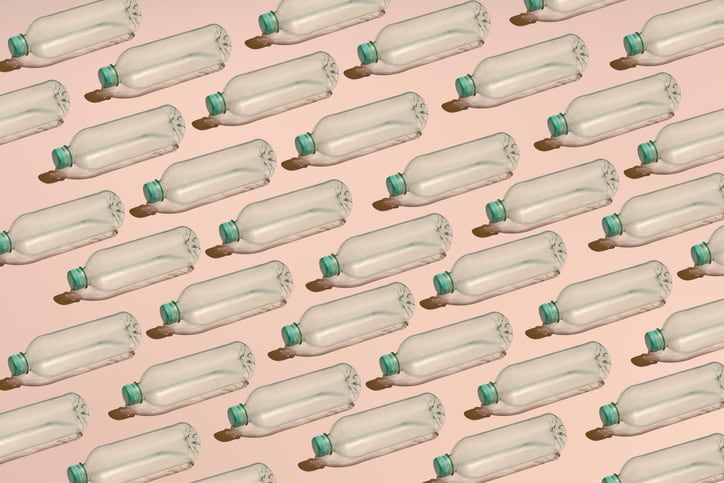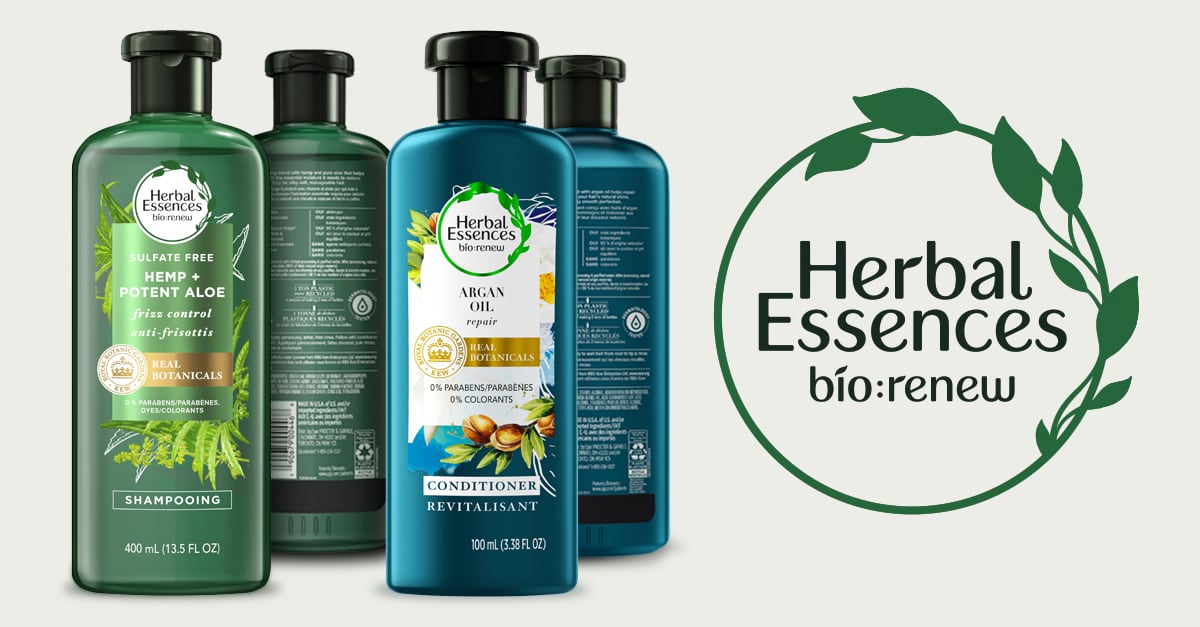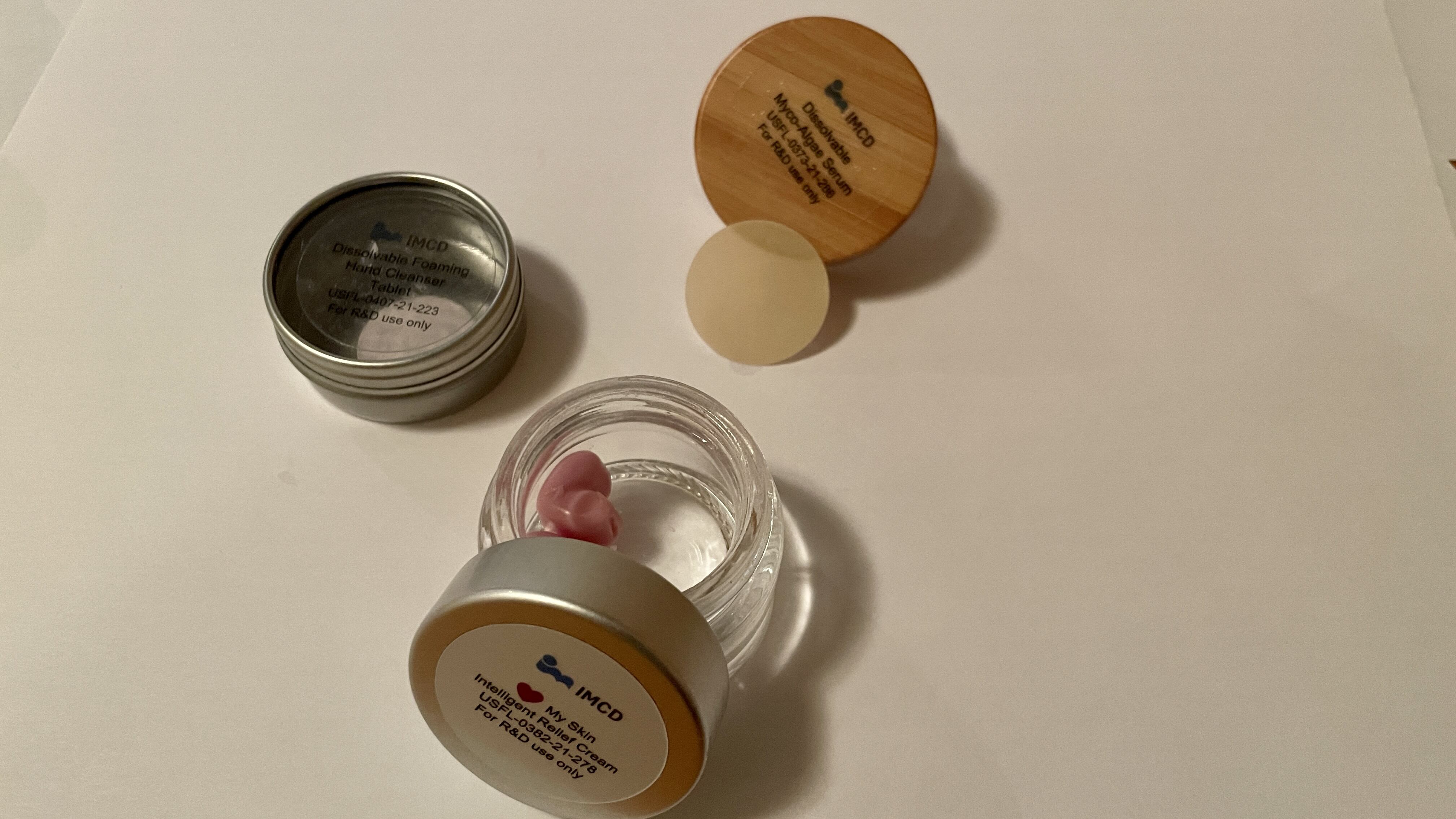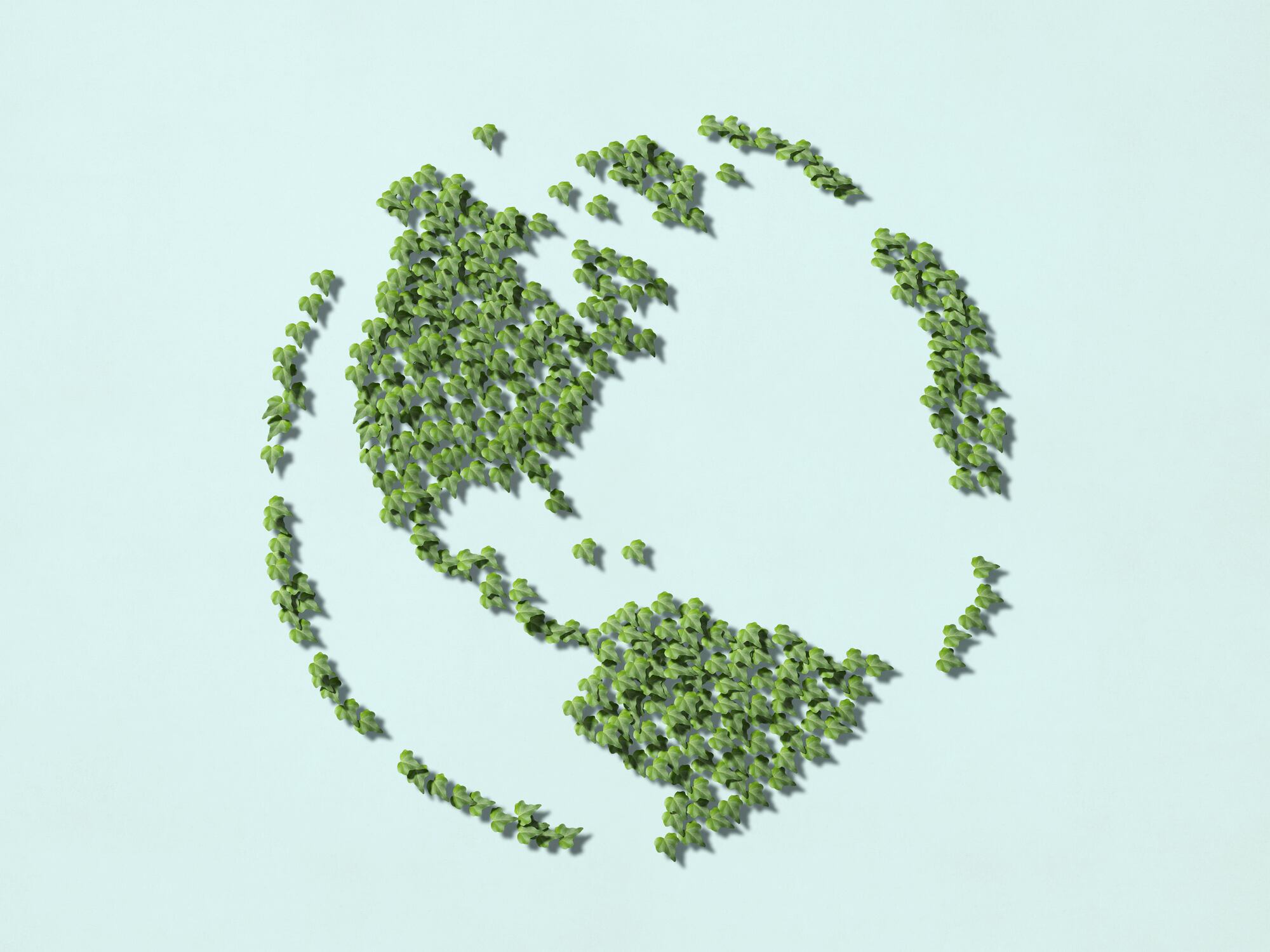More sustainable packaging is on the cosmetics industry agenda, and there are a number of options on the market today. Continue reading our Sustainable Packaging Roundup to learn about the pros and cons of different "sustainable" packaging materials.
More brands are looking to use recycled plastic packaging, but that comes with some challenges.
According to the University of Connecticut, the cosmetics industry produces 120 billion plastic packaging units globally every year. Overall, the US produced 35.7 billion tons of plastic in 2018, which made up 12.2% of all municipal solid waste, according to the Environmental Protection Agency.
Recycled plastic packaging is an alternative to virgin plastic which many cosmetics companies, large and small, are considering as a more sustainable alternative. That’s not to say, however, that recycled plastic packaging is without its flaws.
Pros
Plastic packaging is a versatile packaging option, which is accommodating of complex geometry, functional snap fits and decoration, said Robert Bulla, director of engineering and innovation at APC Packaging.
“Positively it takes the plastic from the landfills, the oceans and other places, and we're repurposing it,” Bulla said. “But that's not the end solution, obviously.”
In 2018, the overall plastic recycling rate was 8.7%, but for some types of plastic, the rate was much higher, with PET bottles and jars at 29.1% and HDPE natural bottles at 29.3%.
Brands like Pacifica, The Body Shop and Kiehls are integrating recycled plastic into their packaging broadly, and many major multinationals have recycled plastic in their sustainability plans.
Some large brands like P&G’s Herbal Essences are engaging in advanced plastic recycling, provided by Eastman Chemical Company. Eastman and P&G claim their recycling technique is able to produce a resin that is chemically the same as virgin plastic.
Cons
Traditional plastic recycling poses some color and quality issues, particularly with post-consumer plastic, which is most sought after, Bulla said. Post-consumer plastic must be thoroughly washed, unlike post-industrial plastic.
According to a 2020 Green Peace report, only 21% of PET bottles recycled can be turned into a recycled material due to contamination.
Bulla said companies also have to take into consideration recycled plastics’ heat history, which changes some of its physical characteristics. These changes can mean sink marks, breakage or black specks.
However, planning by a packaging supplier can help mitigate these issues or make them clear to clients, Bulla said, meaning companies should keep them in mind when selecting a recycled packaging supplier.
He also said it’s important for packaging suppliers to be careful of what PCR processors they are using, so as to avoid implications in issues like water contamination.
Biopolymer plastics are also a recent innovation in non-virgin plastic, as they are derived from the cells of living organisms. Generally speaking, Bulla said biopolymers are not ideal for cosmetics packaging at this time.
They also post a greenwashing threat. Bulla said while biopolymers can be made in relation to other manufacturing processes, like food production of sugar, some companies are growing sugar cane solely for biopolymer plastic.
“They're deforesting and putting in roads and railways, just to have more area to grow sugar, just to make plastic,” Bulla said. “That’s not sustainable. It’s great if they create it as a byproduct of sugar production, but to cut trees down to plant sugar to make more plastic, I think that’s the reverse of what we need to do.”




